1. “Whatchu talkin’ ’bout, Willis?” – Diff’rent Strokes
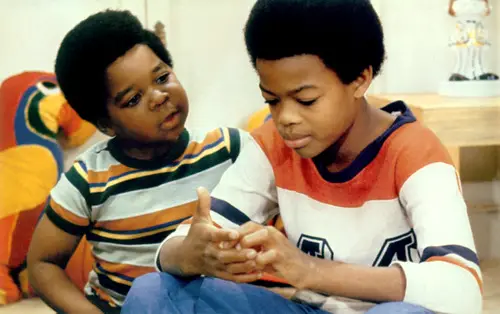
When little Arnold Jackson fired off this line in Diff’rent Strokes, it was instantly funny, mostly because of Gary Coleman’s delivery. But somehow, this one-liner slipped into everyday life as a playful way of calling someone out or expressing disbelief shares Woman’s World.
People still say it today when they hear something ridiculous, even if they’ve never seen the show. It became shorthand for “Wait, what?” long before texting made that a thing. It’s casual, curious, and packed with just enough sass to make it memorable. The phrase gave people a way to be funny without being rude. It also showed how a kid’s voice could change the way adults speak. Not bad for a sitcom line written in the late ’70s adds HuffPost.
2. “Yada yada yada” – Seinfeld
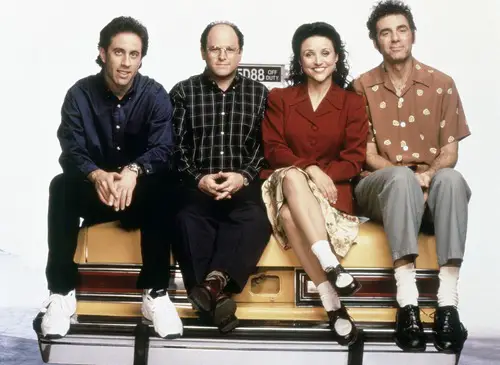
This phrase existed before Seinfeld, but the show turned it into a cultural catchall. When Elaine used it to skip over unimportant or awkward parts of a story, it instantly resonated with viewers shares Patch.
Suddenly, everyone had a new way to fast-forward through the boring or messy details of life. It became a lazy storyteller’s best friend. But it also helped people avoid tough conversations with a joke. What started as a punchline became part of the way people speak, especially when they’re being vague on purpose. It’s casual, a little dismissive, and somehow still funny decades later. Leave it to Seinfeld to make even filler words iconic says Mental Floss.
3. “How you doin’?” – Friends
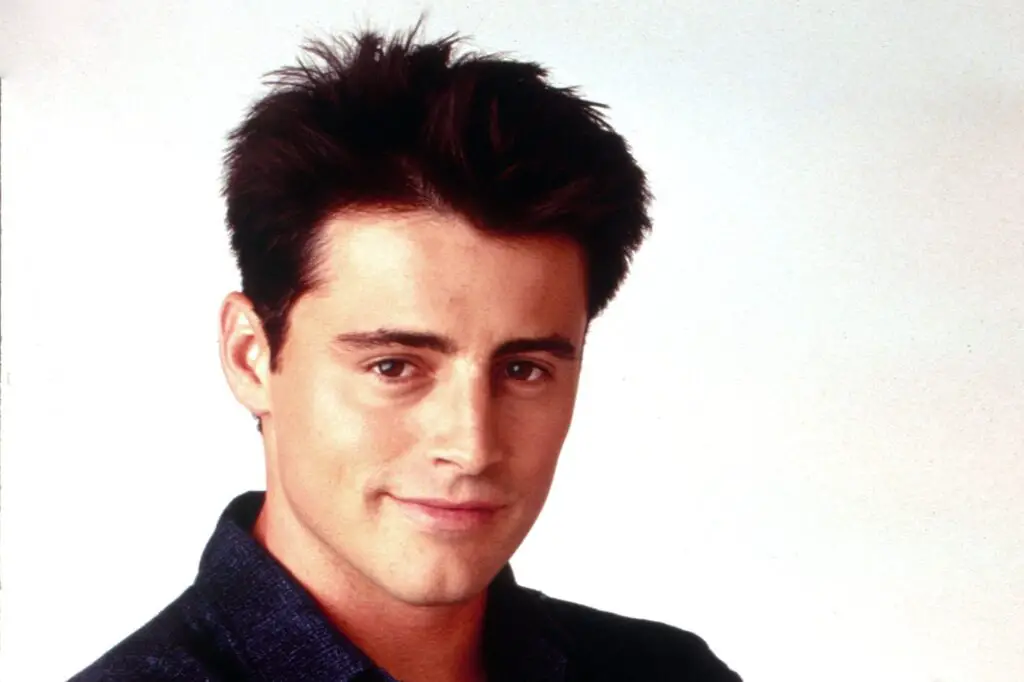
Joey Tribbiani may not have been the brightest guy on Friends, but he delivered this line like a pro. With just three words, he created a pickup line that was equal parts goofy and confident.
The catchphrase became a playful way to flirt, especially if you added the right eyebrow lift. But beyond dating, people started using it sarcastically with friends or when trying to be funny. It became a way to make people smile without trying too hard. The phrase took on a life of its own and now pops up in memes, texts, and even commercials. Not bad for a joke that started in a Central Perk coffee shop.
4. “Sit on it!” – Happy Days
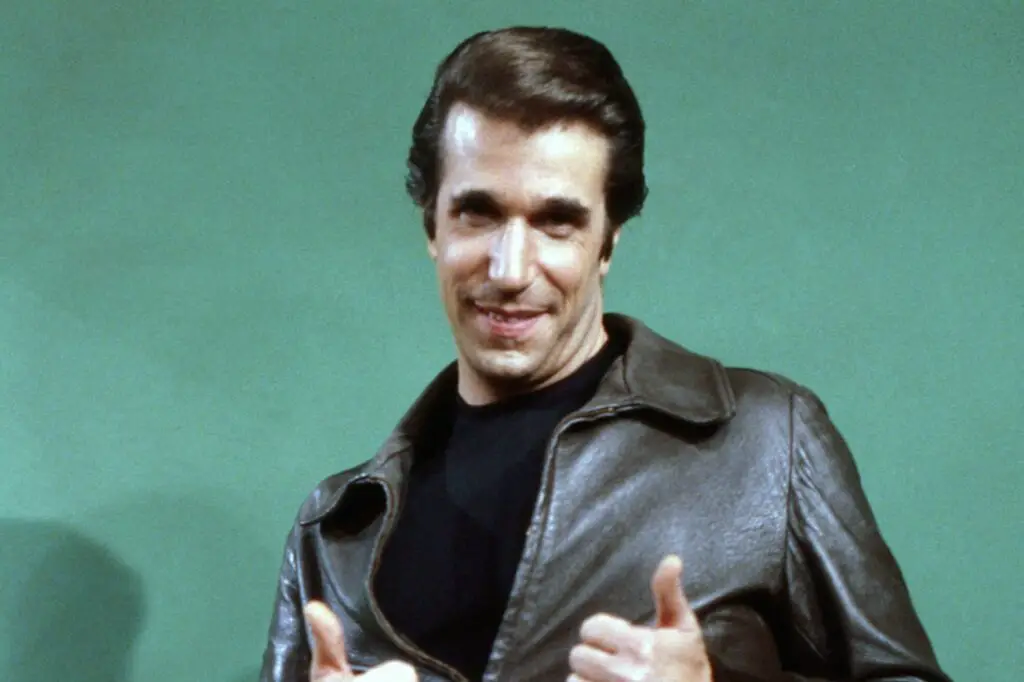
In the world of Happy Days, Fonzie had cool down to a science. And when he told someone to “sit on it,” you knew he wasn’t offering them a chair.
The phrase was a family-friendly way to say “buzz off,” and it caught on fast. Kids could say it without getting in trouble, and adults loved the retro attitude behind it. It became the go-to phrase for playful defiance. It walked that fine line between sassy and safe, which made it perfect for sitcoms. Before long, you didn’t have to know who the Fonz was to tell someone to “sit on it” and mean it with a smirk.
5. “No soup for you!” – Seinfeld
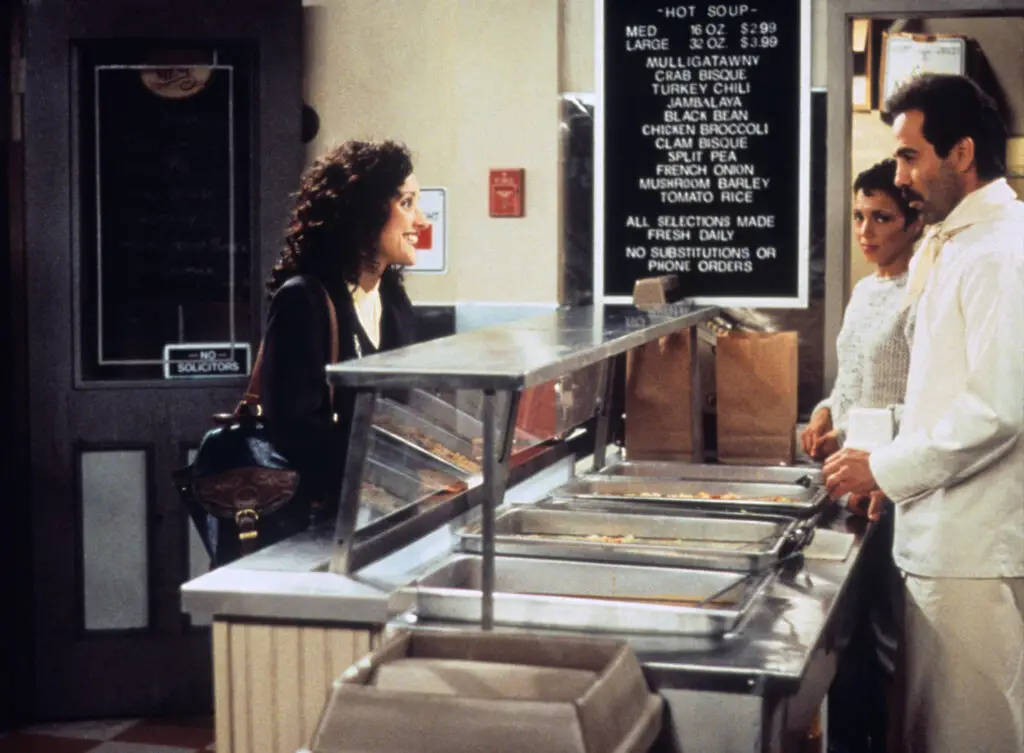
Few sitcom lines have the staying power of this one from the infamous Soup Nazi episode. It was just five words, but they packed a punch.
People now use it whenever they’re denying something in a mock-stern way, whether it’s actual soup or something completely unrelated. It gave people a way to say no that didn’t feel mean. The phrase became a kind of joke among friends, a way to be strict but funny. It also helped elevate “Seinfeld” from quirky to quotable. In the English language, it proved that even a denial could be a laugh line.
6. “Dyn-o-mite!” – Good Times
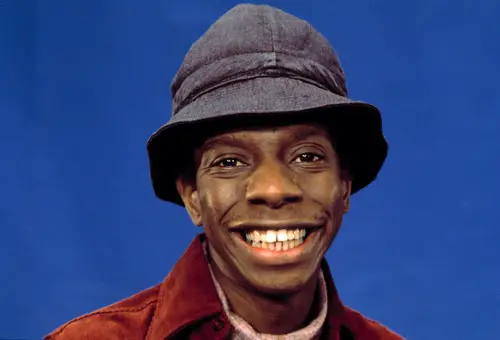
Jimmie Walker’s signature shout from Good Times was pure energy. It didn’t mean much at first, but he made it mean something just by saying it with flair.
It turned into a way to express excitement that was louder and more fun than just saying “awesome.” The phrase slipped into everyday conversation, then into pop culture at large. It’s over-the-top in the best way, and people still use it today, usually with a wink. It’s the kind of catchphrase that lifts a mood instantly. Walker didn’t just create a character, he added a word to the emotional dictionary.
7. “Did I do that?” – Family Matters
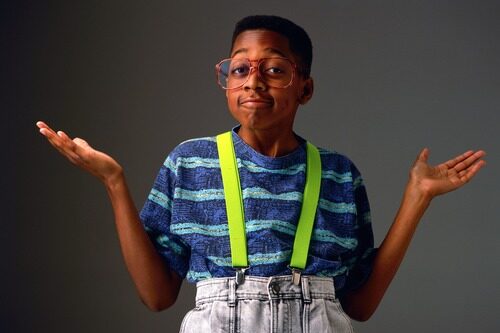
Urkel was awkward, brilliant, and the walking definition of a lovable nuisance. And every time he knocked something over or triggered a disaster, this line followed.
It became the ultimate phrase for messing up. Whether you were actually clumsy or just joking, it was a way to own your mistake with a little charm. People started using it in school, at work, and even in relationships. The phrase softened the blow of goofing up, which is why it stuck. It turned “oops” into something a little more heartfelt and a lot more fun.
8. “I know nothing!” – Hogan’s Heroes
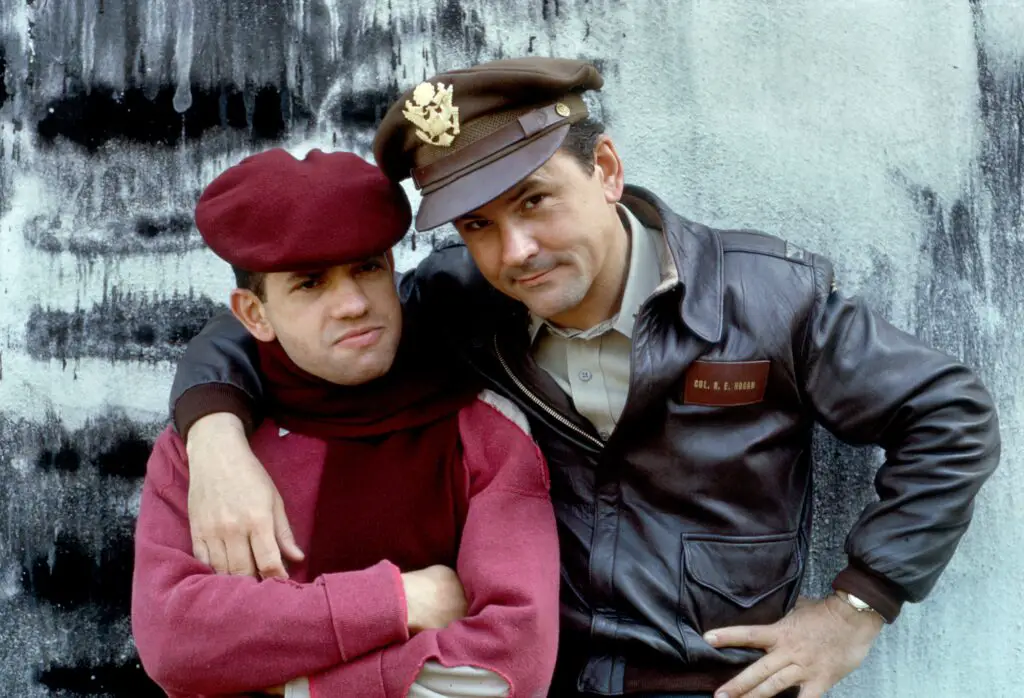
Sergeant Schultz’s repeated claim of ignorance became his shield on Hogan’s Heroes. Every time he saw something he shouldn’t, he blurted it out in panic.
And somehow, that phrase crossed from wartime comedy into office culture and everyday excuses. When someone wants to play dumb or avoid drama, “I know nothing!” gets the point across with a laugh. It gives people a humorous way to step back from a situation. Over time, it became less about cluelessness and more about choosing not to get involved. Schultz would be proud of how far his line traveled.
9. “Kiss my grits!” – Alice
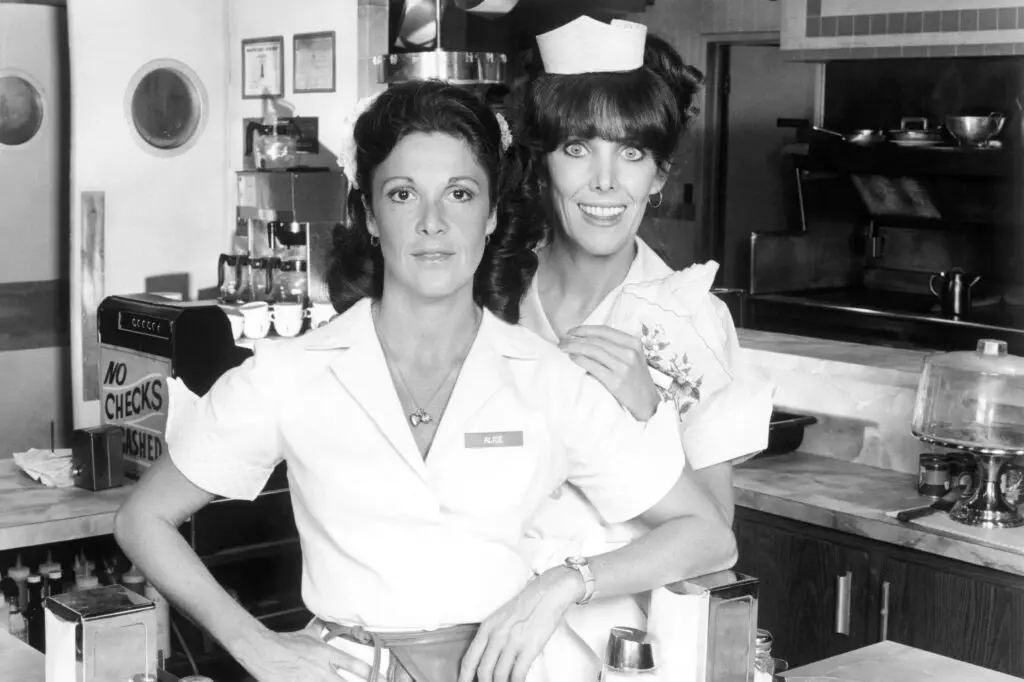
Flo’s spicy Southern sass made this catchphrase a standout on Alice. It was her signature way of telling someone off without crossing the line.
The phrase is sharp, funny, and somehow still feels friendly. People adopted it as a colorful way to express frustration without getting in trouble. It had just enough attitude to be bold, but not enough to get censored. And even if you’ve never seen the show, the phrase feels familiar. It’s proof that a little personality can make even a strange phrase unforgettable.
10. “Whoa!” – Blossom
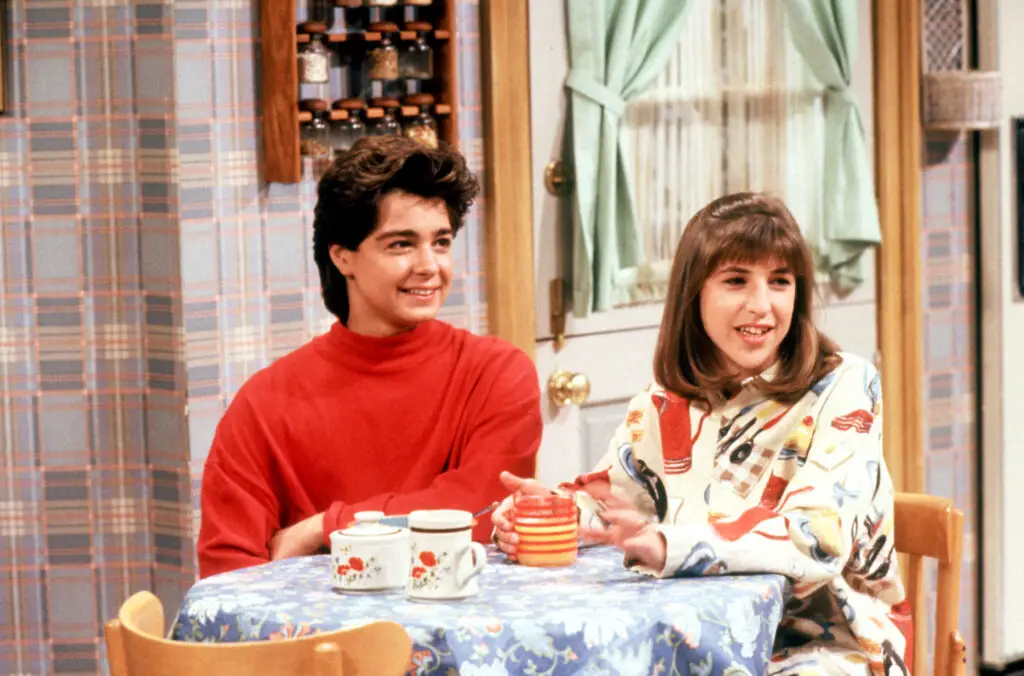
Before Joey Lawrence shortened it to one drawn-out syllable, “whoa” was just a sound people made when surprised. But Blossom made it a catchphrase, and soon everyone was stretching that “o” just like he did.
It became a reaction in itself, useful for anything shocking, impressive, or weird. The delivery mattered more than the word. Kids picked it up at school, adults said it as a joke, and it found a second life in parodies and throwbacks. It’s one of those phrases that can still crack a smile, especially if you say it the old-school way.
11. “Well, isn’t that special?” – Saturday Night Live
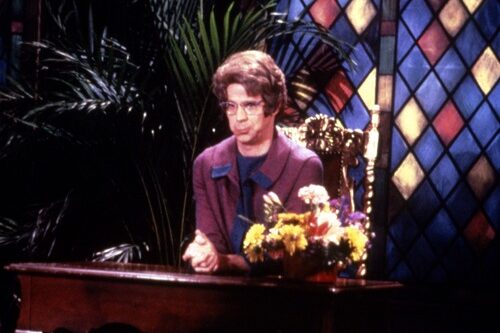
This one didn’t come from a traditional sitcom, but the Church Lady on SNL made it unforgettable. Dana Carvey’s uptight character used it with such sarcastic bite that it rewrote the tone of the phrase.
People now say it when they don’t mean it at all, often to point out something ridiculous. It added a layer of judgment hidden under a sweet-sounding phrase. That balance of tone and meaning made it powerful and funny. Before long, “special” started to mean “not special at all,” all thanks to a sketch comedy show. It’s one of the clearest examples of sarcasm sneaking into regular speech.
12. “Don’t be ridiculous” – Perfect Strangers
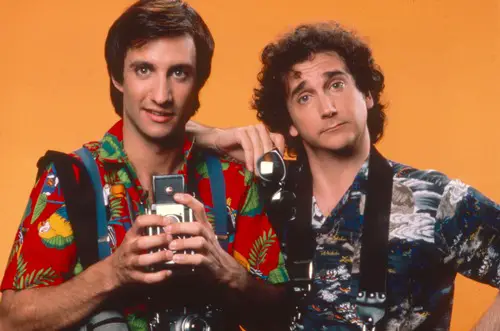
Balki Bartokomous from Perfect Strangers had a way of saying this phrase that made it charming instead of dismissive. His accent, timing, and smile made it unforgettable.
The phrase became a staple response to wild ideas or silly behavior. People adopted it as a softer way of saying “no way.” It was a little teasing but also playful, which made it work in all kinds of conversations. Balki’s delivery made it warm, not harsh. And once it entered the language, it stayed, because sometimes a touch of charm is all you need to change a sentence.
13. “Nip it in the bud!” – The Andy Griffith Show
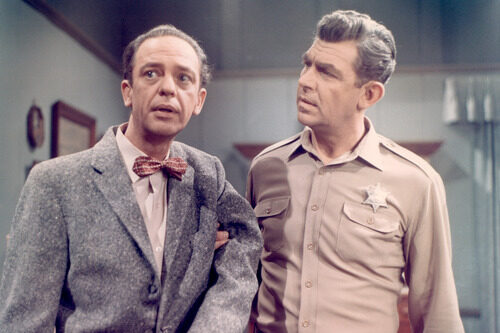
Barney Fife was serious about stopping trouble before it started, and this line was his go-to solution. “Nip it in the bud!” became his catchphrase as he tried (and usually failed) to keep things under control.
The phrase itself wasn’t invented by the show, but it got a fresh life thanks to Barney’s memorable delivery. People started using it when talking about preventing problems early on. It became popular in parenting, workplaces, and even politics. The imagery stuck, and so did the phrase. Thanks to Barney Fife, gardening terms became life advice.
